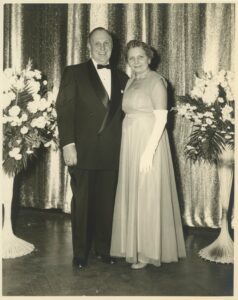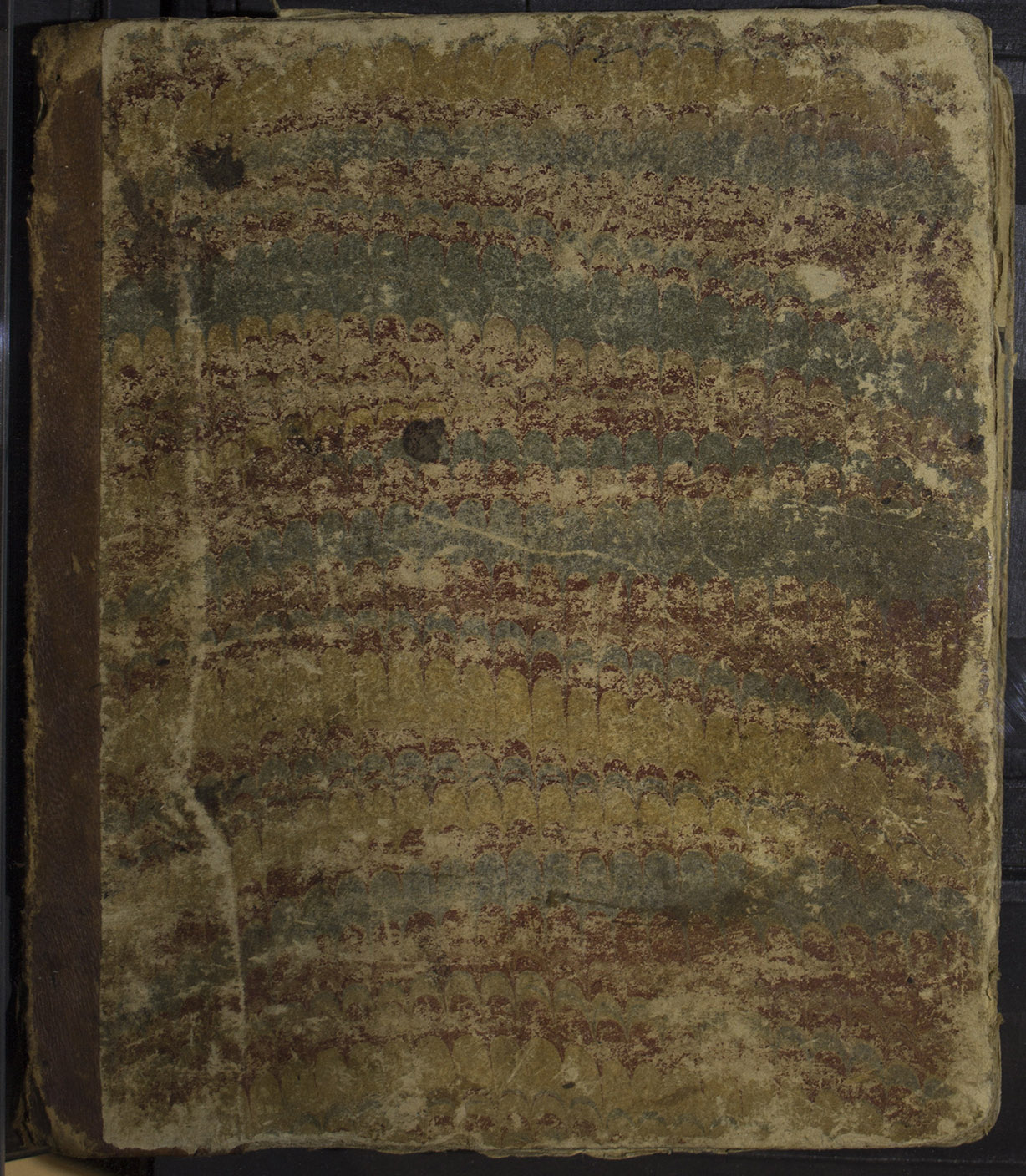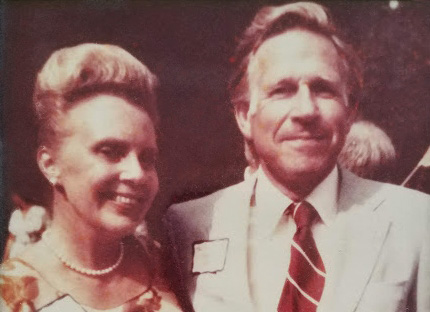Helen C. Meyer Collection
ca.1911-2020 Bulk: ca. 1940-1995
13 boxes 9 linear feet
Call no.: MS 1084
 Adolph and Helen Meyer, Mass. Federation Presentee Ball, at Hotel Statler Hilton Boston, 1959 Nov.
Adolph and Helen Meyer, Mass. Federation Presentee Ball, at Hotel Statler Hilton Boston, 1959 Nov.
A founding member of the Massachusetts Federation of Polish Womens’ Clubs, holding every post in the organization, Helen (Gorecka) Meyer (1908-2003) was incredibly active in the Polish community in Boston, Cambridge, and later Cape Cod. Born in Poland, Helen came to America at the age of three, living with her parents in Lynn and Wilmington, before moving to Cambridge. She married Adolph Meyer in 1928, and both were important business owners (establishments included the White Eagle Restaurant in Cambridge, the Log Cabin Restaurant in Waltham, South Boston Liquors, and Al’s Bottled Liquors) and community members. Honored by the Mass. Federation of Polish Womens’ Clubs in 1963 as their “Woman of the Year,” Helen was also actively involved in the St. Joseph and Sacred Heart Societies of St. Hedwig’s Parish, local and national Polish Roman Catholic Union groups, and the Kosciuszko Foundation Presentation Balls.
Compiled from Helen Meyer’s papers by her nephew Stan Bartosiak, this collection of personal, family, and community papers – including published materials, photographs, slides, correspondence, audiovisual material, news clippings and ephemera – documents the Polish community in the Boston area from the 1930s through the 1990s. Some records concerning the Meyer, Gorecka, and connected families are from earlier. Various Polish clubs and organizations are represented through society badges, souvenir programs, financial records, correspondence, and photographs, with the Kosciuszko Foundation Presentation Balls particularly well documented. Additional audiovisual recordings document Bartosiak and his work an educator.
Gift of Stan Bartosiak, 2019-2020.
Subjects
Boston (Mass.)--Social life and customsPolish Americans--MassachusettsTypes of material
Audiovisual materialsPhotographsSouvenir programs





